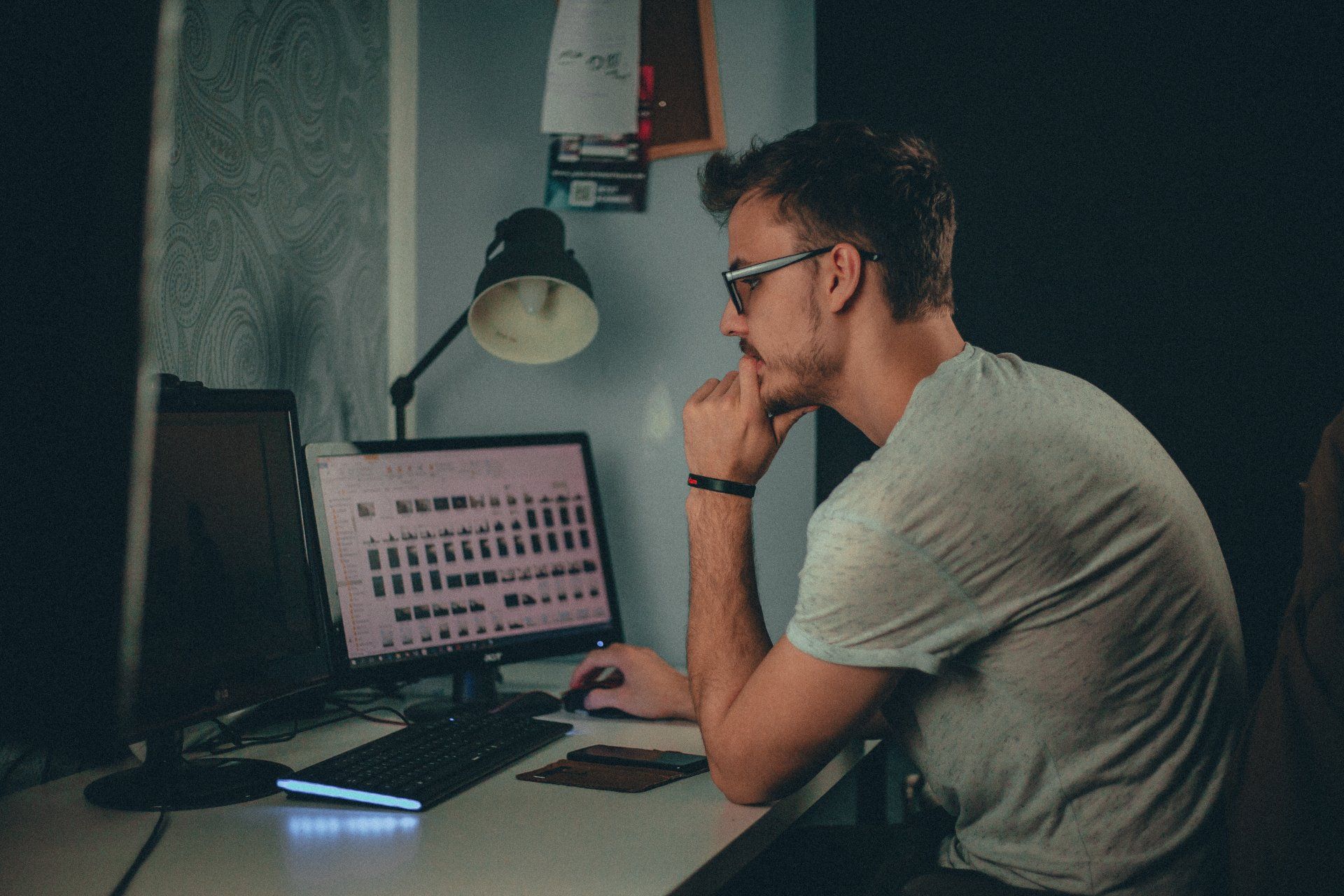OnlyFans Legal Concerns
Our Dallas intellectual property lawyers work with individuals to help protect their creations and content, as well as minimize the risk of legal disputes.
Protecting Your Content On OnlyFans
What Are The Legal Concerns Regarding OnlyFans?
OnlyFans has become a popular subscription service where content creators earn compensation from fans who subscribe to their page. The content posted is typically explicit in nature which the creators retain most of the income generated. However, this increases the likelihood of problems arising. Legal issues regarding misappropriation of photos, copyright infringement, unauthorized uploading of material through fake accounts as well as cyber-bullying or harassment have all become troubles that creators are facing.
The Creation of Fake Profiles on OnlyFans
The creation of fake profiles is a serious legal issue associated with social media sites. A fake profile breaches your rights to your own name and the ways in which you portray yourself. In addition, these profiles are generally created to misrepresent individuals and often leak material without consent.
Fraud Due to a Fake OnlyFans Profile
Unfortunately, you may not be the only person impacted by the nature of a fake profile. Fans and followers can be subjected to blackmail and other actions seeking financial information. If the scammers have gained access to anyone’s personal details and data, it is best to contact an attorney before they use it for nefarious purposes. It’s also important to note that if you find yourself suspect of a scam, you should change your passwords and gather any evidence of communication between you and the scammer.
Copyright Infringement: OnlyFans Legal Issues
The OnlyFans Terms of Service state, “do not do anything that violates our or someone else’s rights, including intellectual property rights (examples of which are copyright, trademark, confidential information, and goodwill), personality rights, unfair competition, privacy, and data protection rights.” Meaning, although the creator owns the intellectual property rights of their content, they have granted OnlyFans a “license under all content to perform any act restricted by any intellectual property rights.”
Someone that is in violation by publishing material or distributing content without consent from the creator is in violation of OnlyFans’ terms of service. The website does state that if someone is found violating the terms, they will be banned from the site, and all material will have to be returned, but sometimes that is simply not enough, and further legal action is required.
Cyber-Bullying
Content uploaded to OnlyFans should only be from those that are 18 years and older and should only be placed on the platform by the person themselves or with their consent. If it is found that the uploading of content is done without consent, it is considered a form of cyber-bullying and is against the site’s terms. Such bullying and harassment can take many forms. Although in some cases, cyber-bullying might not be viewed as a crime, in most states, it is punishable and criminal action can be pursued. The violation of intimate privacy is a serious offense and should be handled accordingly.
Online harassment of any kind is not something that should be taken lightly. If you find yourself the victim of online harassment, the attorneys at Wilson Whitaker Rynell are ready to advise you in your case.
Representation in OnlyFans Legal Issues and Other Disputes
At Wilson Whitaker Rynell, our full-service ensures that whatever your legal difficulty, our team will provide adequate solutions to fit your need. Our team provides expert assistance in most legal cases pertaining to intellectual property. Contact our firm today for a resolution that is tailored to your individual circumstances.
Need any help?
CLIENT MATTERS
5,000+
YEARS OF SERVICE
25+
Award Winning
Recognized in the legal industry as dedicated board-certified lawyers and Rising Stars.
Expert Team
Your project will be handled by legal experts every time. You will have the most experienced attorneys working for you.
Quality Representation











